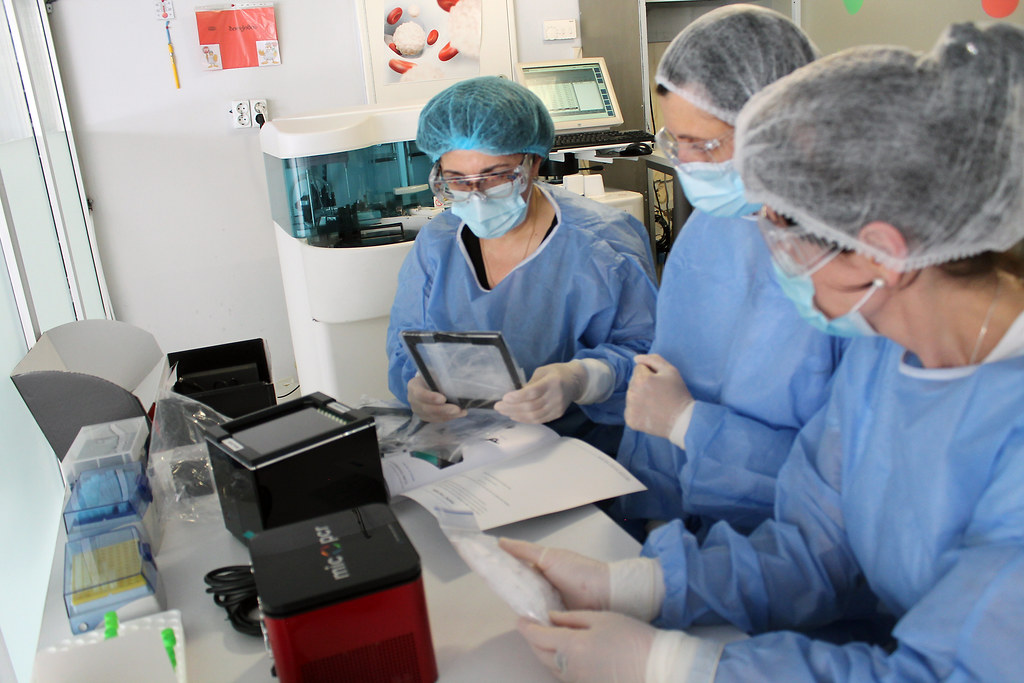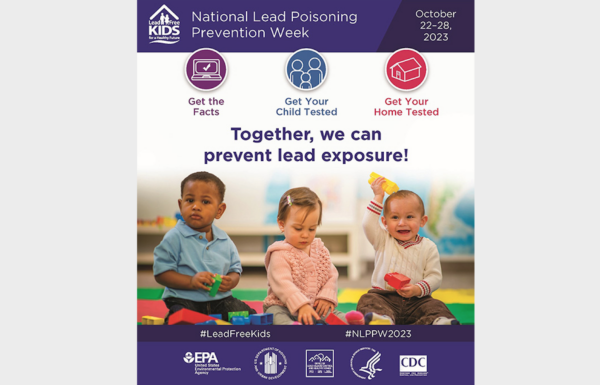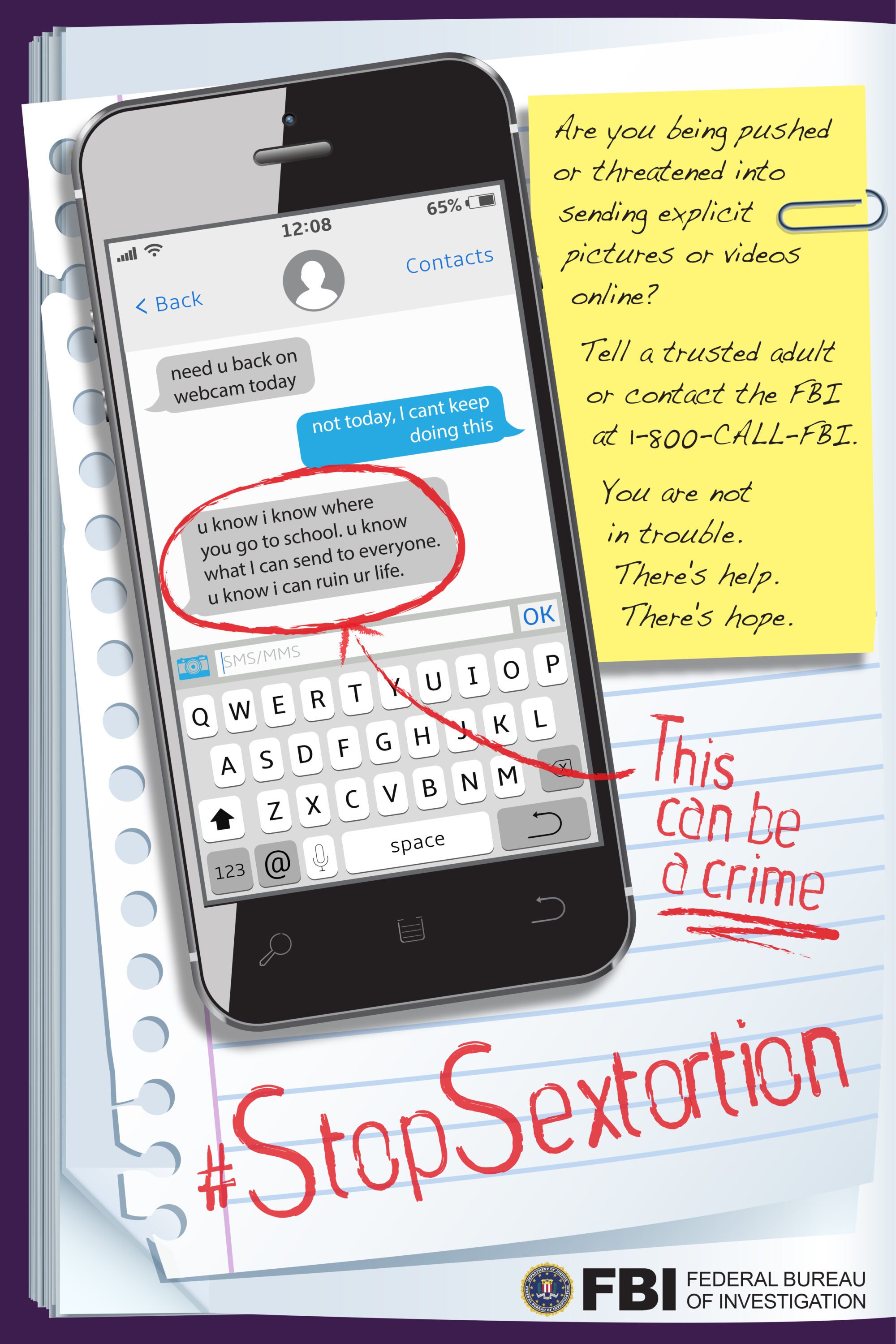A UC Irvine study published Thursday in a science journal showed that last year 38 businesses in North America marketed unproven stem cell therapies and exosome products to treat or prevent COVID-19.
The businesses operated or had ties to 60 clinics — 24 in the United States and 22 in Mexico, with the rest in Guatemala, Malaysia, Poland and Spain, according to the study published in Stem Cell Reports.
The businesses touted treatments long-COVID and “immune boosters” to prevent or treat infection.
The scientists involved in the study said such untested treatments can pose health hazards such as minor complications to more serious afflictions like pulmonary embolisms, cardiovascular issues and acute bacterial infections. The treatments don’t come cheap either with costs ranging from $2,950 to $25,000, which are not covered by insurers.
“Patients suffering from Long COVID are the primary marketing target of businesses engaged in direct-to-consumer advertising of stem cells and exosome products for COVID-19,” the scientists wrote in the study. “It is understandable that individuals seeking relief from shortness of breath, fatigue, `brain fog,’ heart palpitations, loss of smell and other symptoms search for interventions that might help them.”
Those afflicted with lingering symptoms of COVID-19 “are vulnerable to having their suffering, desperation and hope exploited by entities making appealing therapeutic claims without having the scientific evidence needed to make such representations,” the study’s authors wrote. “Likewise, there is no current scientific consensus that stem cell interventions and exosome products can reliably prevent individuals from being infected by SARS-CoV-2 or `boost’ their immune systems in such a manner that their risk of infection is reduced. Such marketing claims are distinct from translational research efforts that have responded to the pandemic by generating meaningful safety and efficacy data for specific stem cell interventions and exosome products.”
Leigh Turner, professor of health, society and behavior in UCI’s Program in Public Health and an author of the study said the exploitation of those suffering from Long COVID is “very alarming, because these people are not accessing evidence-based treatments that have been reviewed and approved by national regulators. When going online looking for stem cell or exosome treatments, people need to be alert to the possibility of scams.”
The study’s authors were struck by the fact that two dozen of the clinics were U.S.-based because federal agencies have been issuing warning letters to companies that mislead consumers about unproven stem cell and exosome products.
But some of the businesses stop marketing when they get a warning letter while others dodge regulators with new clinics opening.
Turner recommended “further regulatory oversight, research, testing and approval of stem cell treatments and exosome therapies for COVID-19.”







